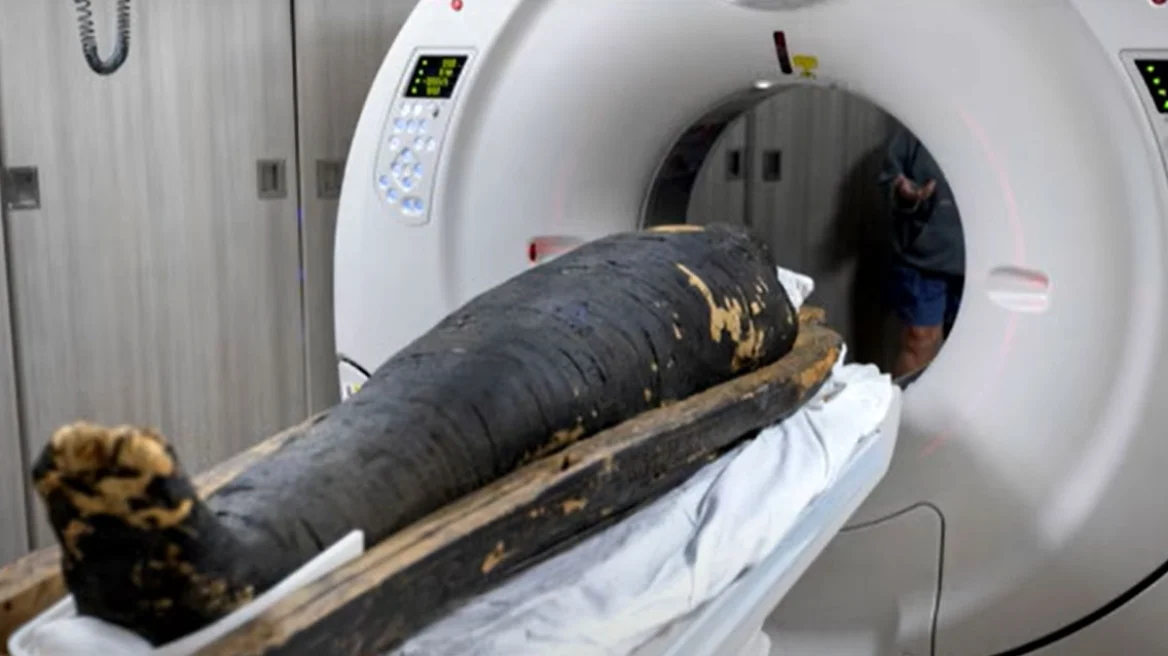Israel is on high alert, anticipating retaliation from Iran and its allies following the funerals of Hamas and Hezbollah leaders in Tehran and Beirut.
Tehran has informed the Security Council of its intention to act within the framework of legitimate self-defense. Concerns about Iranian retaliation are growing, with conflicting reports intensifying the unease.
According to foreign intelligence agencies, Tehran plans to strike on the Jewish holy day Tisha B’Av, which starts on August 12 and ends on August 13, symbolizing the destruction of the First and Second Temples of Solomon, as reported by the Jerusalem Post. However, the attack could occur at any time. Additionally, Hezbollah is reportedly moving personnel and military supplies out of Beirut to avoid Israeli strikes.
In response, Israel has urged its citizens to remain vigilant and follow instructions in case of an attack, following threats from Tehran.
The Palestinian Sunni organization Hezbollah has vowed retaliation for the killing of its commander, Fouad Shukr, during an Israeli attack on southern Beirut suburbs. Shukr’s body was found in the rubble of the building bombed on July 30.
Recently, Israelis have been flocking to supermarkets to stock up on essentials, with sales of basic goods rising. The Israeli supermarket chain “Victory” reported a 30% increase in sales of certain products compared to similar periods. People are buying long-lasting items such as canned goods, cereals, pasta, toilet paper, frozen meat, bottled water, and baby wipes. Jerusalem municipal authorities have issued guidelines for citizens on what to do in case of an attack, distributing a document listing parking areas to be used as shelters and a catalog of bomb shelters.
The document advises residents to reach bomb shelters within 90 seconds. It also recommends residents clean and prepare their shelters, stock up on enough water and food for three days, and purchase medicines, flashlights, and batteries.
Israeli authorities have warned that residents might face prolonged power outages. “Residents should be prepared for power cuts lasting several days. They should also be ready to stay in bomb shelters for extended periods,” the Jerusalem municipal guidelines state.
Airlines Cancel Flights Amid Growing Tensions
Meanwhile, airlines are avoiding Iranian and Lebanese airspace and canceling flights to Israel and Lebanon amid escalating tensions following the killing of senior Hamas and Hezbollah members. Singapore Airlines ceased flying through Iranian airspace early today, using alternative routes for safety reasons, according to a statement to Reuters.
Taiwan’s EVA Air and China Airlines also appeared to avoid Iranian airspace on flights to Amsterdam today, while they had previously flown over Iran, according to Flightradar24 data. These airlines did not immediately respond to comments on these changes.
The OPSGROUP, an organization advising on flight risks, recommended that airlines flying between Asia and Europe avoid Iranian and Iraqi airspace. Sources told Reuters yesterday that senior Iranian officials are meeting with representatives from Iran’s regional allies, including Lebanon, Iraq, and Yemen, to discuss possible retaliations against Israel.
Many airlines, including American and European ones, have already been avoiding Iranian airspace, especially after missile and drone attacks in April between Iran and Israel.
Singapore Airlines’ flight to London’s Heathrow Airport early today flew north of Iran, through Turkmenistan and Azerbaijan, instead of crossing Iranian airspace as it did a day earlier, according to Flightradar24 data.
However, a significant number of airlines continued to fly over Iran today, including Etihad, Emirates, and FlyDubai from the United Arab Emirates, as well as Qatar Airways and Turkish Airlines.
In the last two days, Air India, the German group Lufthansa, American airlines United Airlines and Delta Air, and Italy’s ITA Airways announced suspensions of flights to Tel Aviv.
Airlines also announced this week that they are canceling and delaying flights to Beirut, Lebanon’s capital, following a strike on the Israeli-occupied Golan Heights on Saturday.
Canada issued a warning yesterday for Canadian aircraft to avoid Lebanese airspace for a month due to aviation risks from military activity.
The UK has been notifying pilots for a month about potential dangers from anti-aircraft weapons and military activity in Lebanese airspace.
Ask me anything
Explore related questions





